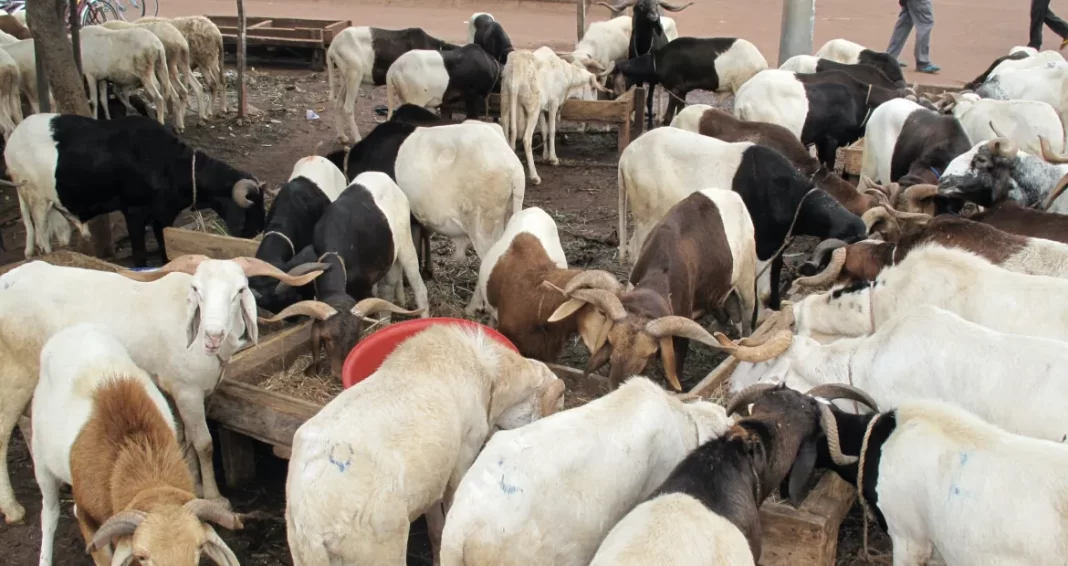Rearing for Food and Jobs (RFJ) is one of the modules of the government’s flagship agricultural programme, Planting for Food and Jobs (PFJ). The RFJ was a five-year programme that was to run from 2019 to 2023.
The objective of the RFJ was to develop a competitive and more efficient livestock industry that increases domestic production, reduces importation of livestock products, and contributes to employment generation and to the improvement of livelihoods of livestock value chain actors and the national economy.
This module was officially launched by H. E. President Nana Addo Dankwa Akufo Addo at Wa in the Upper West Region on June 25th, 2019. It is also aimed at addressing issues associated with livestock development in the country including, but not limited to; poor genetic quality of breeds used by farmers; poor nutrition and inadequate water resources for livestock; animal health; poor and inadequate livestock housing structures/equipment; inadequate agricultural extension service and developing and promoting the livestock value chain.
This campaign was designed to address the identified bottle-necks along five (5) key value chains which are: sheep, goats, pigs, poultry and dairy cattle.
Agriculture Policy Consultant, Emmanuel Wullingdool, speaking on A1 Radio’s Day Break Upper East Show, was wondering if the programme had achieved any practical successes.
“Practically, we should have begun seeing access to these products from Rearing for Food and Jobs (RFJ) on the market at affordable prices, at accessible and affordable to the consuming public. That should be a key indication that the programme is yielding results. Anything less than that, it remains just talk,” he said.
At a recent public lecture at UPSA in Accra, the former Minister for Food and Agriculture, Dr. Owusu Afriyie Akoto, admitted to challenges within the livestock industry.
“The promotion of Protein in the diet of Ghanaians is critical to the health of the nation. The livestock sub-sector plays a significant role in the provision of proteins in our food. There is a plan at the Ministry to create a Poultry Development Authority to promote of the industry.
Under my watch the Veterinary Services have seen substantial improvements. We have installed new laboratories, reequipped old ones and recruited 500 additional Veterinary personnel. We have also encouraged and supported local meat processing and substantially expanded soya bean production.
Nevertheless, Ghana’s Poultry industry still faces various challenges, key amongst them is the high cost of feed and high importation of poultry products unto the market. There is a double-edged solution to this. The first is to regulate the importation of Chicken and other meat products and secondly, to address the cost of feed. This will be tackled as a major responsibility of the incoming Grain Development Authority (which I will speak on later) which is tasked to make all necessary interventions to solve the problem. As part of its responsibilities, the GDA will purchase grains at the time of harvest when the prices are low, store the grains and release them to the poultry farmers and other stakeholders in the value Chain.
In addition, when seasonal prices rise various interventions have been made to increase production in other areas of the Livestock industry.”
Source: A1radioonline.com|101.1MHz|Mark Kwasi Ahumah Smith|Ghana


